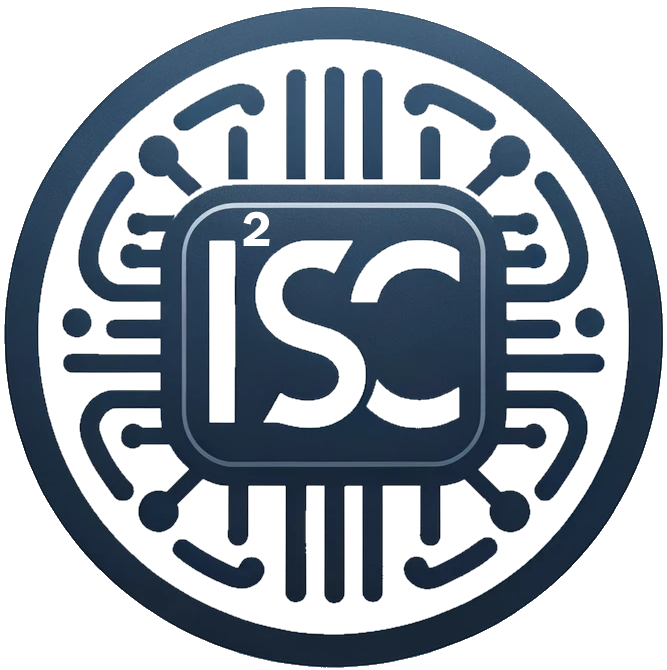The 3 fundamental elements in an AI system are the data sets, both for training and input, the AI models and the software. The quality of the software is greatly influenced by the quality of the development lifecycle processes. On the other hand, the quality of the software product itself resulting from the development must also be taken into account.
For each of these elements of an AI system there are standards that help to assure its quality.
Data Quality of AI Systems
The ISO 5259 series of standards ensures that high-quality data is available for analytics and machine learning (ML) systems. High-quality data is essential in AI systems as it is essential to ensure accurate results, reduce bias, enable better generalisation and make training more efficient. Quality data also prevents the propagation of errors, optimises the use of resources and ensures a better user experience.
In short, data quality defines the performance and reliability of artificial intelligence systems.
Do you want to know more about data quality of AI systems and ISO 5259?
AI Software Product Quality
Learn more about AI software product quality, ISO 25000 and ISO 25059
The ISO 25000 family of standards is essential for ensuring software quality in artificial intelligence systems, as it establishes criteria for assessing essential aspects such as functional adequacy, efficiency, security or maintainability.
ISO 25059 complements ISO 25000 by focusing specifically on the quality and reliability of artificial intelligence systems. While ISO 25000 establishes a general framework for software quality, ISO 25059 introduces specific criteria for the assessment of AI systems, ensuring that they are secure, transparent and ethical.
AI Software Process Quality
ISO 5338 establishes guidelines for the development of reliable and secure artificial intelligence systems. This standard provides best practices for their design and implementation, ensuring transparency, explainability and robustness. It also helps to consider error minimisation and bias reduction, and facilitates integration with other standards such as ISO 25000 and ISO 25059.
In this way, ISO 5338 helps you to create sustainable, ethical and efficient AI systems.
See how ISO 5338 can help you in your AI systems development lifecycle
AI Model Quality
Interested in evaluating and improving the quality of your AI models? Learn more
There are multiple ISO standards that address the quality of AI models from different perspectives. For example, ISO 24029 addresses robustness, ISO 12791 addresses fairness, several standards address reliability (ISO 2407, 24028, 24368, 6254, 8200), ISO 4213 addresses performance evaluation, and ISO 20226 addresses sustainability.
Using this set of standards, you can control, improve and evaluate the quality of your AI system models by focusing on the features that are most relevant to your use case.
